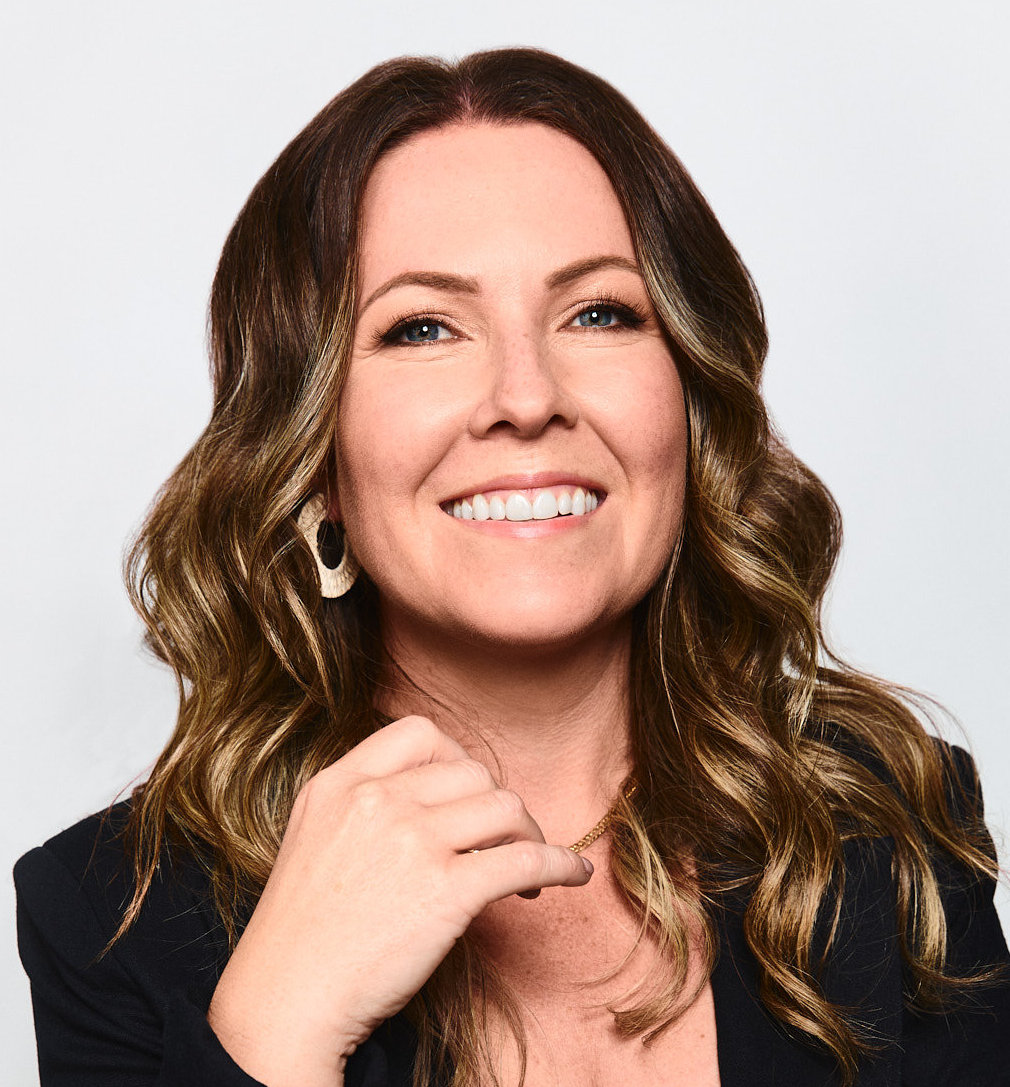|
VOICE OVER CONTRACTS
I lost a booking. Not because I turned it down - but because I refused to sign a contract that didn’t match the original job terms. Here’s what happened: I was hired for a non-broadcast corporate project through a well-known casting platform. But when the client’s contract arrived, it included advertising rights, broad exclusivity, and usage in perpetuity - all for a project worth under $500. When I flagged this, the platform rep told me the contract was “boilerplate,” that it couldn’t be changed, and that the client only intended to use the recording as originally described. I’m sure she meant well. But the truth is, intent doesn’t override what’s in writing. Once you sign, you’re legally bound by those terms - not by what someone says they’ll do. So, I politely explained that I couldn’t agree to those terms, and the booking was reversed. And honestly? I’m okay with that. 'BOILERPLATE' ISN'T HARMLESS Here’s what was buried in that so-called standard contract (yes, I read the fine print, and you should too): Advertising clause: Even though the posting was “non-broadcast,” the contract gave the client the right to use my voice in any advertising or promotional materials. That’s a huge difference in scope. Exclusivity clause: I would’ve been restricted from voicing any competitors in the tech industry - forever. That’s not an exaggeration. The exclusivity was in perpetuity. In Perpetuity = Forever: Meaning I’d be giving up the right to work in that entire sector for the rest of my career, all for a few hundred dollars. Industry Implications: Signing something like that could even make agents hesitant to represent you later, since you’d already be locked out of a major category. I LOVE YOU, BUT ... For producers/project managers/talent hirers: I love you - this is for you. I know most of you are genuinely trying to make the process smooth and efficient. Contracts often come from legal teams or standardized templates that don’t always reflect the exact scope of a particular project. But when the document doesn’t match the deal, it creates unnecessary risk for everyone involved - not just the talent. If a future team member or department relies on the contract’s written terms and uses the voice over more broadly (because the agreement permits it), it could expose both the company and its representatives to legal and reputational risk. And when talent are encouraged to sign under assurances like “it’s just boilerplate” or “we won’t actually use it that way,” that creates a paper trail of conflicting intent. If a dispute ever arises, those verbal or email assurances won’t override what’s been signed - which can put you and your company in a difficult position later on as well. Taking the extra time to ensure that the contract aligns with the agreed-upon usage, media, and term protects both sides and builds long-term trust with the talent you hire. Most of us are more than happy to sign once the paperwork reflects the actual deal - and that transparency benefits everyone. VOICE ACTORS - HOLD YOUR GROUND For voice actors: hold your ground (and your professionalism). If you ever find yourself in a similar situation, you can stand firm and stay professional. Here’s what I said: “I completely understand, and I appreciate you clarifying the client’s intended use. That said, the contract terms differ from the job posting, and once signed, I’d still be legally bound by them if ever enforced. I can’t in good faith agree to terms that don’t reflect the actual usage.” That’s it. No drama, no defensiveness - just facts and respect. And I want you to know: it’s rare that I lose a job because of this. In most cases, once I explain why the contract doesn’t match the agreement, clients totally understand and adjust it. This was an exception. But I’d still make the same call again. Because protecting your future opportunities, your reputation, and your legal standing is always worth more than one short-term booking. KEY TAKEAWAY ... “Boilerplate” doesn’t mean “harmless.” If a contract says something you don’t agree to, it’s okay to pause, clarify, or say no. You can be kind, respectful, and firm - all at the same time. Now go out there, read those contract terms, and do great things. Web: www.vokickstartprogram.com |
Tell Us What YOU Think!
Please Note: Since we check for spam, there will be a slight delay in the actual posting of your comment.
Comments (2)
Moose
10/24/2025 at 12:19 PM
Nice post, DT! I actually was going through something kinda similar. Client said 'nah, we've been doing this long enough and people don't have issues with us so we don't need to do a contract.' I replied with 'but I do and here's a copy of what it'll look like.' He said 'oh, okay. This looks good!' and that was that. But initially they didn't want to do ANY SOW/contract at all. Basically: protect yourself and read the fine print.
James Conlan
10/23/2025 at 4:44 PM
Excellent advice! This is particularly critical when dealing with a client you've never worked for before.
As of the NEW website launch, 03/22/2012

 By Dervla Trainor
By Dervla Trainor



.png)




click for new article alerts